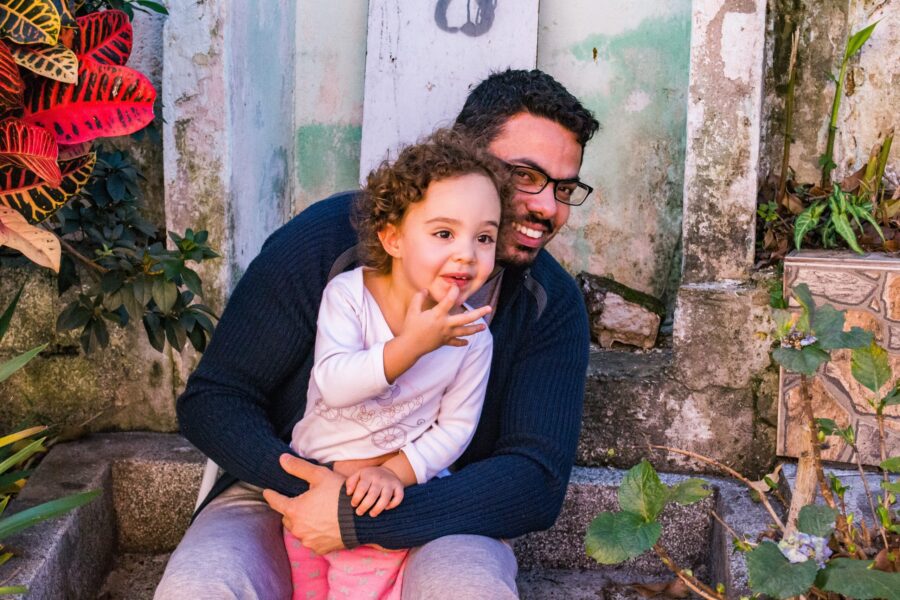
Does New York Favor the Mother or the Father in Child Custody Issues?

One of the biggest concerns for parents going through a divorce in New York is who will get child custody from the marriage. It’s a stressful topic, particularly for fathers who fear the system is biased against them.
Let’s clear the air immediately: New York’s divorce laws do not explicitly favor the mother or the father regarding child custody. However, it’s crucial to understand how the courts make decisions if you wish to maintain custody of your children. In this blog, we examine what factors courts consider to ensure the well-being of your children.
New York Child Custody Laws: The Basics
According to the state court system, judges in New York must make custody decisions based on the child’s best interests. While this is a sound principle in theory, it becomes more complicated in practice. Why? Because there’s no universal definition of the “best interests of the child.” Therefore, judges must make their decisions based on the evidence and facts of each case. Some of the factors judges consider when making child custody decisions include:
- Primary Caregiver Status: Who has mainly been looking after the child, taking on the role of chief caregiver and nurturer?
- Parenting Skills: What are the strengths and weaknesses of each spouse’s parenting abilities? This includes how well each parent can meet the child’s special needs.
- Health of the Parents: The court looks at both parents’ mental and physical health to ensure each parent can provide a stable environment.
- Domestic Violence: If there’s a history of domestic violence in the family, this is a crucial factor that could heavily influence the court’s decision.
- Work and Childcare Plans: Judges consider the work schedules of each parent when deciding child custody issues, as well as their plans for looking after the child when they are unavailable.
- Family Relationships: The emotional bonds between the child and other family members, like siblings and extended family, can factor into custody decisions.
- Child’s Preference: Depending on how old the child is, the courts may consider their wishes regarding which parent they want to live with.
- Parental Cooperation: The ability of each parent to work amicably with the other—and to foster a relationship between the child and the other parent—can be a significant factor in disputes.
Legal Custody vs. Physical Custody
Another critical element to understand about New York’s child custody laws is the difference between legal and physical custody. Whichever parent has legal custody of a child has the authority to make critical decisions for the child, such as where the child will go to school, obtaining medical treatment for the child, whether the child will receive any religious instruction, and so on. Physical custody refers to which parent a child will live with, and that parent is responsible for caring for and supervising the child during their time at the parent’s home.
Judges may award either parent sole legal or physical custody, or they may split legal or physical custody between the parents. In many cases, parents share legal custody but split their time with the child. A parent has sole physical custody if the child spends more than 50 percent of their time with that parent. In these cases, the other parent may have visitation rights but not physical custody of the child.
Talk to a New York Child Custody Attorney Now
When it comes to New York’s laws regarding child custody, men are not necessarily at a disadvantage, though it may seem that way. If you have concerns about bias against you during the proceedings, the best way to protect your rights is to hire an experienced and capable attorney. They can guide you through the process and ensure you receive fair treatment at every step.
The Mandel Law Firm is committed to protecting the rights of fathers and mothers alike during a divorce. Call (646) 770-3868 now or complete our contact form for a confidential case evaluation.











